“The Bishop of Rome” brings synodality, ecumenism — and controversy — to a fresh look at the Pope’s role
By Zenit/ITV staff

On Thursday, June 13, a new document was presented by the Dicastery for Christian Unity on the role of the Bishop of Rome (the Pope).
The “study document” The Bishop of Rome is the first document to summarize the entire ecumenical debate on the Papal primacy in the Church since the Second Vatican Council. Its origin is found in St. John Paul II’s invitation to other Christians to find, “together, of course,” the forms in which the ministry of the Bishop of Rome “may accomplish a service of love recognized by all concerned” (John Paul II’s 1995 encyclical Ut Unum Sint, #95).
The document’s theme seems to concern most obviously the Orthodox Churches, since they share with Catholics the same faith and sacramental practice, but dispute the Roman Catholic understanding of the Pope’s role.
Reconciling Protestant theology with Catholic teaching on papal primacy presents even more of a difficulty.
The Bishop of Rome is just one step on the very long road to unity.
The main ideas of the document may be summarized as follows:
1) The dialogue documents and the responses to Ut Unum Sint have made a significant contribution to reflection on the question of primacy and synodality;
2) All the documents agree on the need for a service of unity at the universal level, even if the foundations of this service and the ways in which should be exercised are subject to different interpretations;
3) Unlike the controversies of the past, the question of primacy is no longer seen simply as a problem, but also as an opportunity for a common reflection on the nature of the Church and her mission in the world;
4) The Petrine ministry of the Bishop of Rome is intrinsic to the synodal dynamic, as is the communitarian aspect that includes the entire people of God and the collegial dimension of the episcopal ministry.
One hundred fifty-one pages in its published form, the document concludes with a brief section entitled “Some Practical Suggestions,” which follows here below…
Some Practical Suggestions
A first proposal is a Catholic “re-reception,” “re-interpretation,” “official interpretation,” “updated commentary” or even “rewording” of the teachings of Vatican I. Indeed, some dialogues observe that these teachings were deeply conditioned by their historical context, and suggest that the Catholic Church should look for new expressions and vocabulary faithful to the original intention but integrated into a communio ecclesiology and adapted to the current cultural and ecumenical context.
A second suggestion made by some ecumenical dialogues is a clearer distinction between the different responsibilities of the Bishop of Rome, especially between his patriarchal ministry in the Church of the West and his primatial ministry of unity in the communion of Churches, both West and East, possibly extending this idea to consider how other Western Churches might relate to the Bishop of Rome as primate while having a certain autonomy themselves. There is also a need to distinguish the patriarchal and primatial roles of the Bishop of Rome from his political function as head of State. A greater accent on the exercise of the ministry of the Pope in his own particular Church, the diocese of Rome, would highlight the episcopal ministry he shares with his brother bishops, and renew the image of the papacy.
A third recommendation made by the theological dialogues concerns the development of synodality within the Catholic Church. Putting an emphasis on the reciprocal relation between the Catholic Church’s synodal shaping ad intra and the credibility of her ecumenical commitment ad extra, they identified areas in which a growing synodality is required within the Catholic Church. They suggest in particular further reflection on the authority of national and regional Catholic bishops’ conferences, their relationship with the Synod of Bishops and with the Roman Curia.
At the universal level, they stress the need for a better involvement of the whole People of God in the synodal processes. In a spirit of the “exchange of gifts,” procedures and institutions already existing in other Christian communions could serve as a source of inspiration.
A last proposal is the promotion of “conciliar fellowship” through regular meetings among Church leaders at a worldwide level in order to make visible and deepen the communion they already share. In the same spirit, many dialogues have proposed different initiatives to promote synodality between Churches, especially at the level of bishops and primates, through regular consultations and common action and witness.
Initial Reactions to The Bishop of Rome

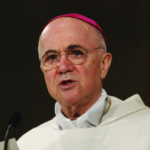 Archbishop Carlo Maria Viganó,
Archbishop Carlo Maria Viganó,
on the website Stilum Curiae (at marcotosatti.com)
The Study Document of the Dicastery for the Promotion of Christian Unity “The Bishop of Rome” is the coherent application of the subversive premises posed by Vatican II and the “conciliar popes”:
[…] Now the Pope must become the “primus inter pares” of the Christian denominations; he must betray the mandate entrusted by Christ to Peter and his successors and abdicate the role of Vicar of Christ.
The Bergoglian sect is preparing to join the other schismatic and heretical communities, after having embraced their errors. In short, the future head of the new Religion of Humanity desired by the Masonic elite of the New World Order is already being outlined.
Betrayal was already inherent in ecumenism, re-proposed in the post-conciliar period in the same terms in which it had previously been condemned.
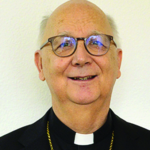 Bishop Marian Eleganti, OSB,
Bishop Marian Eleganti, OSB,
Auxiliary bishop of Chur, Switzerland, on the website Stilum Curiae (at marcotosatti.com)
In my opinion, it is wrong to consider the acceptance of the Roman Catholic papal primacy of jurisdiction by other Christians as a criterion for its validity and legitimacy…They want a ministry of unity, but a synodal one, that is, one capable of persuading a majority and binding only if the majority of those interested (i.e., all Christians) have decided on it in this sense: that the Pope is moderator and guide of the synod, nothing more — at most, as a credible witness, who obviously can also be contradicted. How well or badly this works can be seen very clearly in the case of our separated brothers (see Anglicanism).
Now we understand why the title of “Patriarch of the West” was reintroduced as an attribute of the Roman Pontiff after Benedict XVI had abandoned it! Is this to our profit? Personally, I think it is a step backwards and a questionable self-annihilation of Roman Catholic doctrinal development regarding the Petrine office, which has always been a bone of contention in this matter, not only because of the moral failure of the Popes, but much more fundamentally and theologically than in terms of ecclesiastical politics. Affirming again that the papacy is of both divine and human right, in order to historically and critically relativize its jurisdictional exercise through this last addition [to the Church’s documents on the subject], means, for me, not believing in the Church as a divine institution.
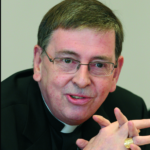 Cardinal Kurt Koch,
Cardinal Kurt Koch,
“Open Letter” responding to Bishop Marian Eleganti’s “First, Spontaneous Reaction” to The Bishop of Rome document
We must first of all remember that this document is not a teaching text, but a study text that offers a synthesis of the responses that the various Christian Churches have had to the encyclical Ut Unum Sint of Pope John Paul II and the results of the ecumenical dialogues on this topic […]
In terms of content, your statement at the beginning of your comments is simply wrong; according to it, in the Vatican document the acceptance of Roman Catholic papal jurisdiction by other Christians is seen as a “criterion for its validity and legitimacy” and consequently the papacy will become new and therefore understood or practiced differently than previously.
However, the statements of the ecumenical dialogues cited in the document are not presented as a “criterion of validity and legitimacy” of papal dogmas, but as contributions intended to serve to strengthen the ideas of Popes John Paul II and Benedict XVI to continue and deepen the desired ecumenical debate, and promoted regarding the concrete exercise of papal primacy, in the clear awareness that all the suggestions contained in the document will not be decided by theologians, but by the Pope.

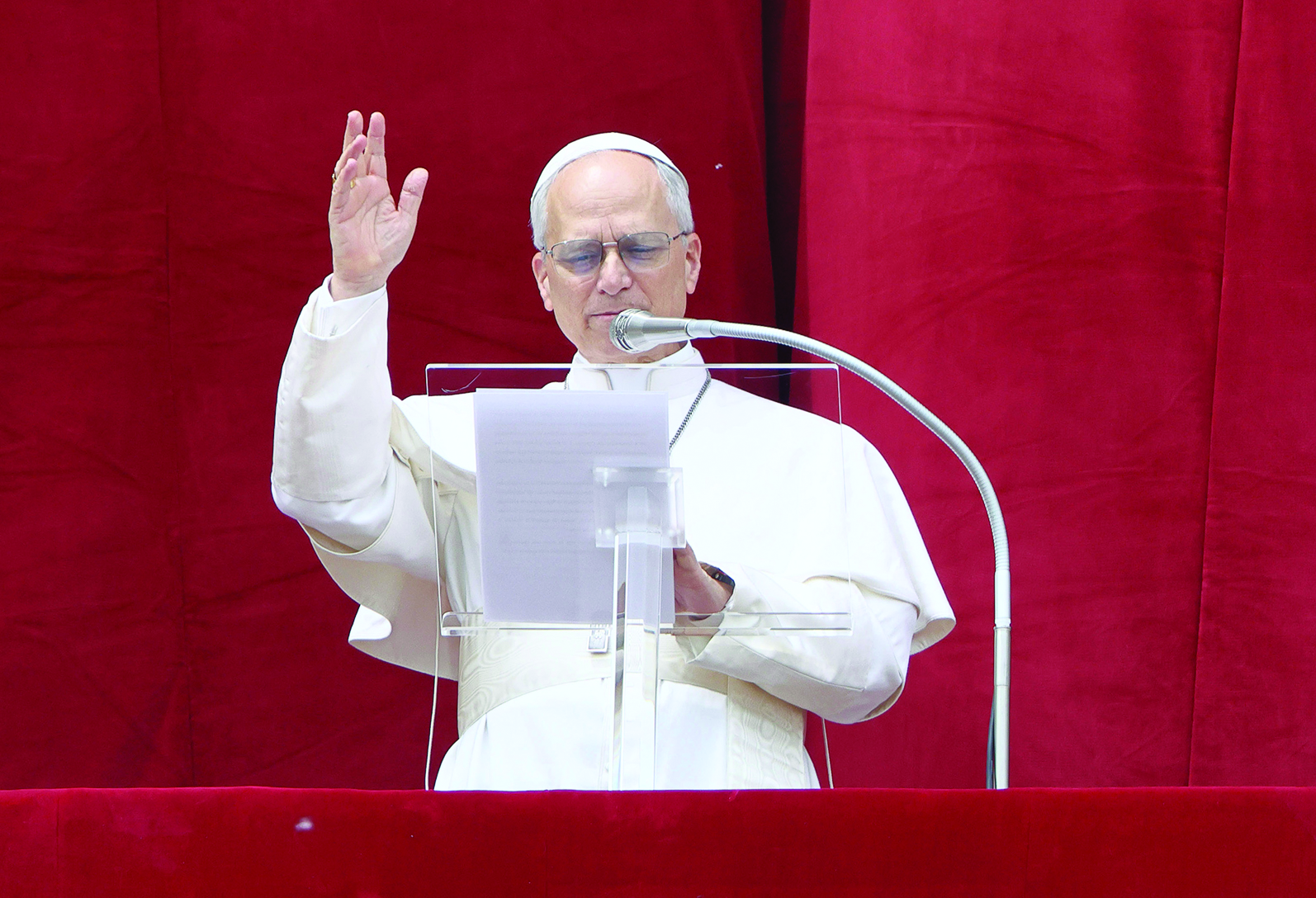
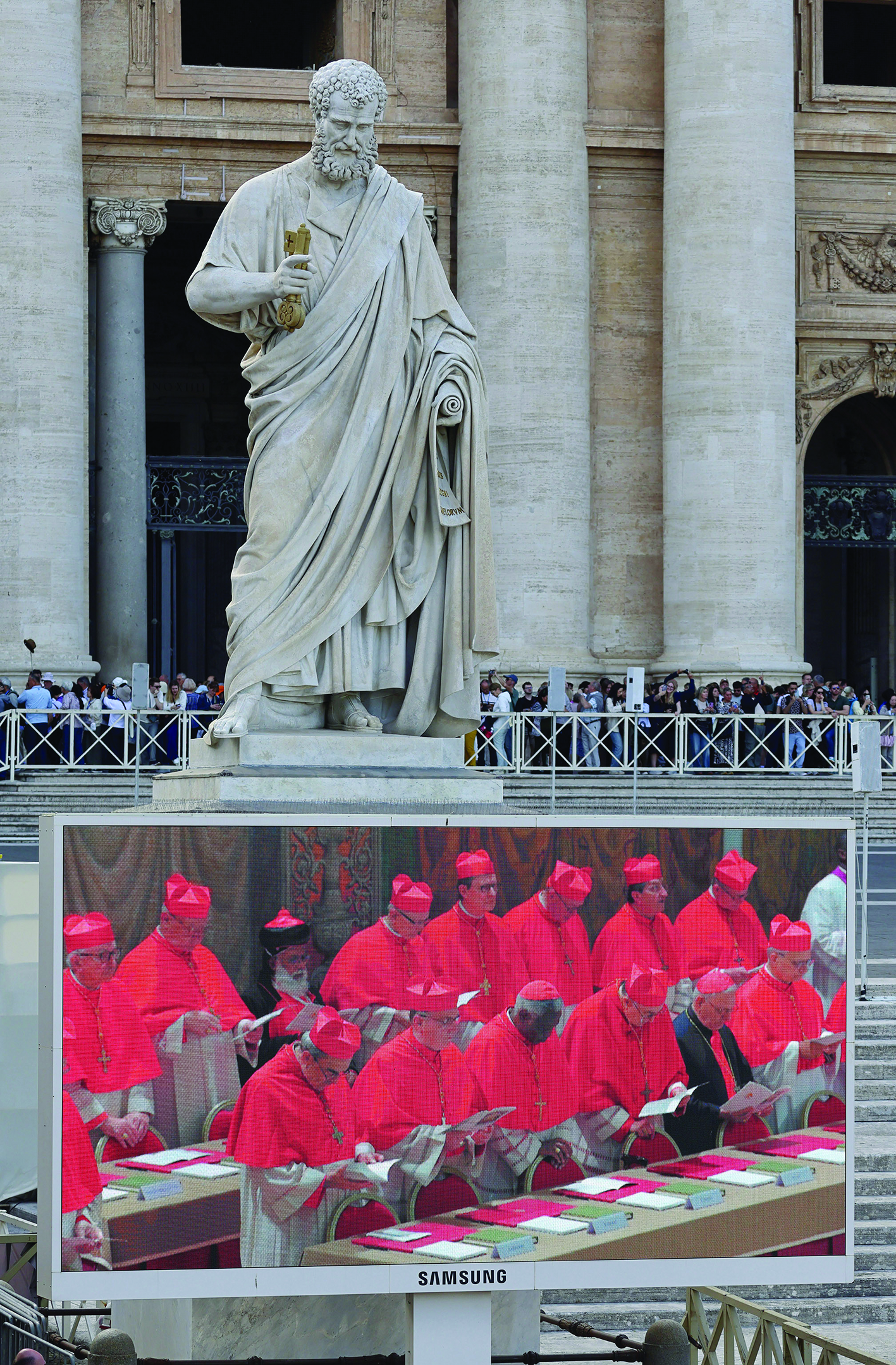
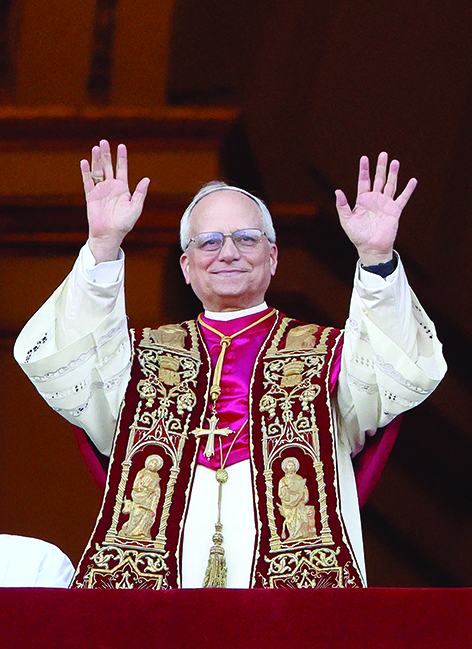
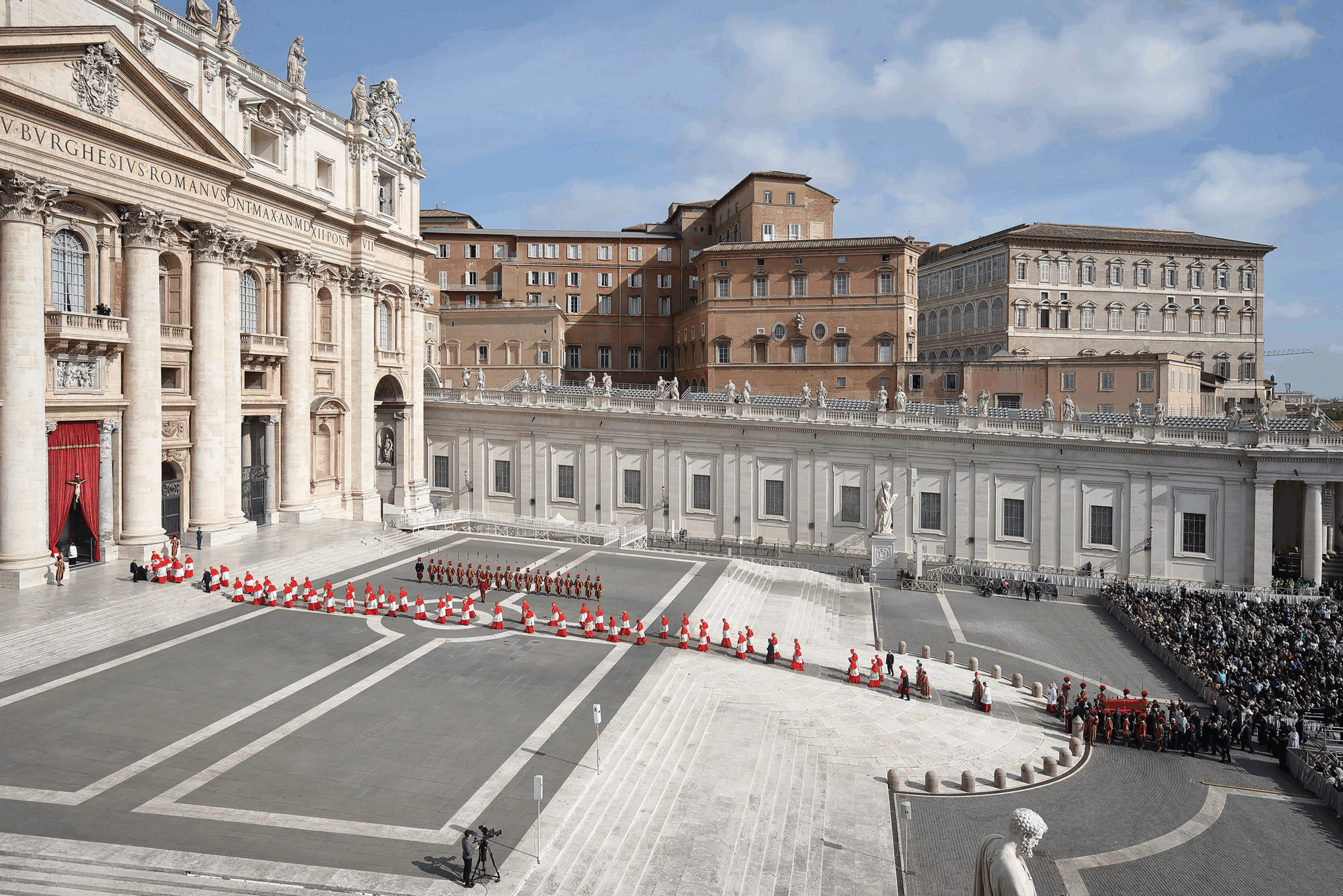
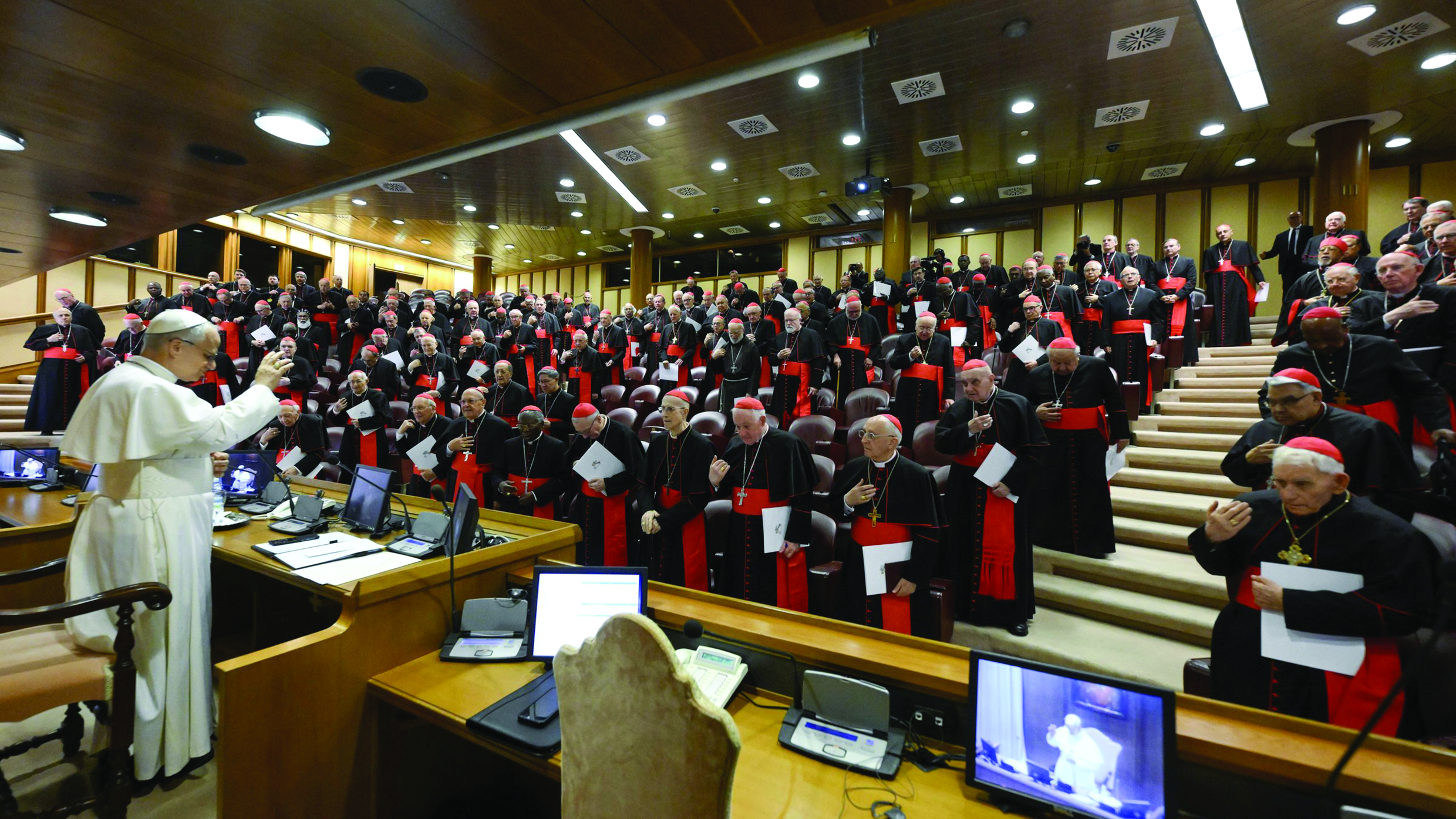
Facebook Comments